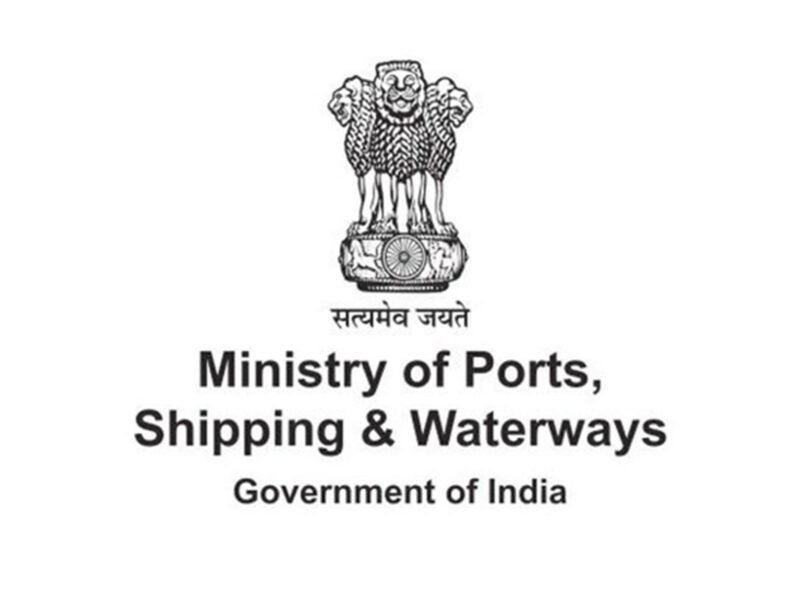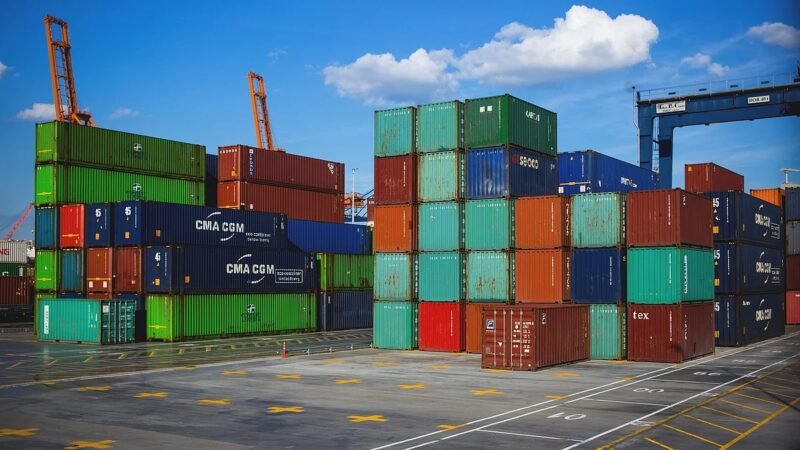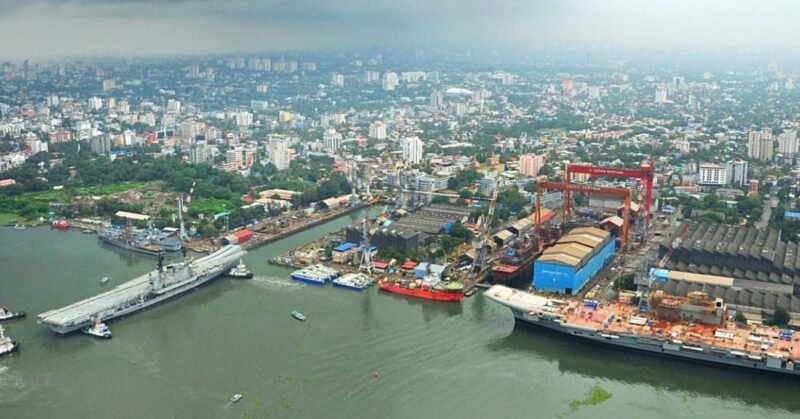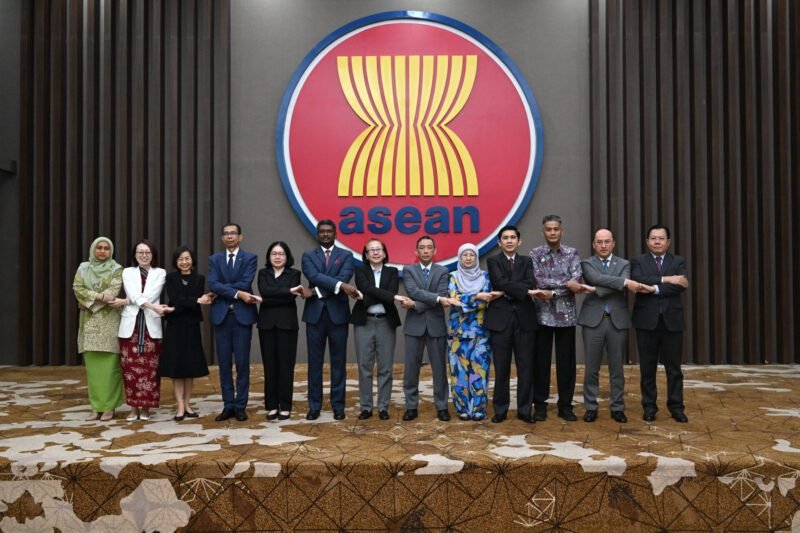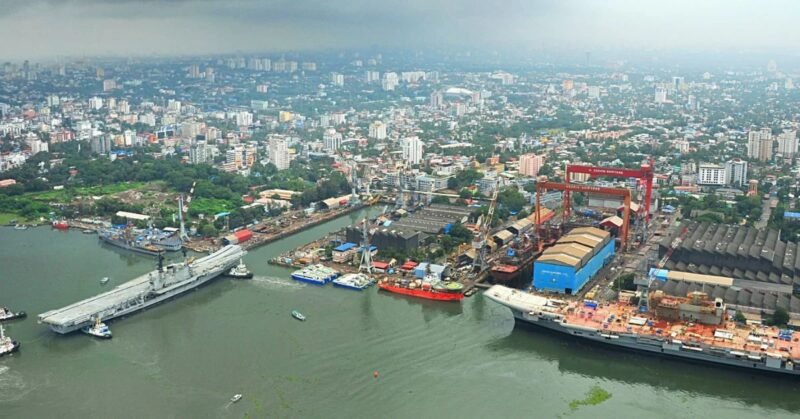India’s ship finance and leasing sector has faced historical limitations, worsened by the 2009 financial crisis, which curtailed bank support. Regulatory restrictions, such as prohibitions on ship ownership by Indian banks, and unfavorable tax structures have further hindered growth, driving capital to more favorable jurisdictions. However, the last two to three years have indicated a revival, significantly due to the International Financial Services Centre (IFSC) at GIFT City, which provides a more competitive environment for ship financing.
GIFT IFSC addresses several challenges by allowing entities to operate in foreign currencies and offering tax incentives like a ten-year holiday. Exemptions from complex tonnage taxes and withholding taxes on charter hire payments enhance its attractiveness for domestic and international stakeholders. The response has been positive since regulatory clarifications in 2022, with over 20 companies, including global giants, establishing operations there.
Despite improvements, Indian shipowners still face challenges, such as complex taxation and limited registration options. For further enhancement of the ship financing landscape, reforms are needed in tax regulations, ship registration policies, and banking restrictions. Bringing in public-private partnerships and foreign institutional investors could further capitalize on India’s maritime finance potential, positioning it to become a global hub by 2030.







